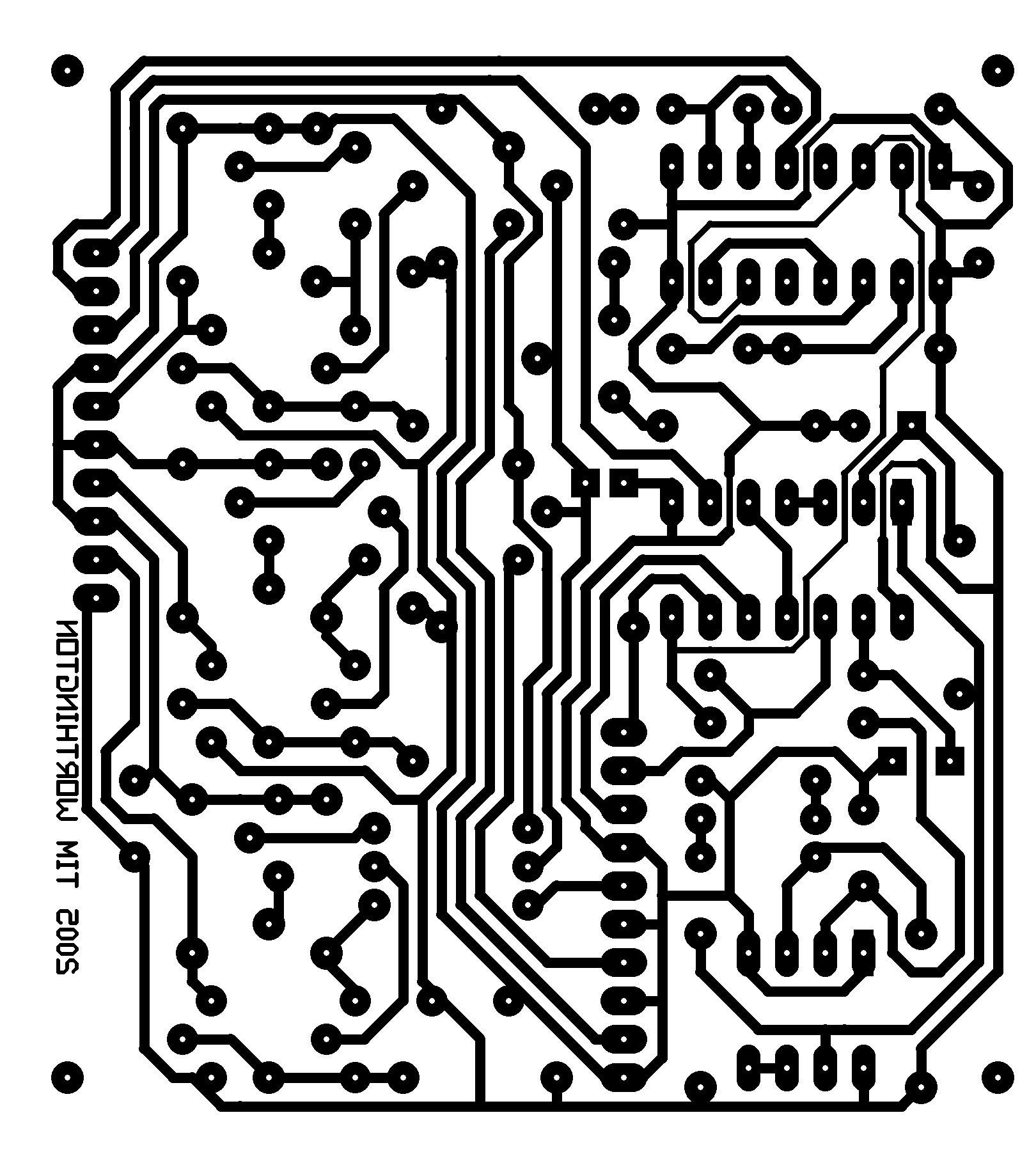Pcb Layout Job

Introduction to PCB Layout Job

A PCB (Printed Circuit Board) layout job is a crucial step in the design and manufacturing process of electronic devices. It involves creating a detailed layout of the various components, such as resistors, capacitors, and microchips, on a circuit board. The goal is to ensure that the components are properly connected and that the board is functional, efficient, and reliable. In this article, we will delve into the world of PCB layout jobs, exploring the skills and tools required, the design process, and the importance of this role in the electronics industry.
Skills and Tools Required

To succeed in a PCB layout job, one needs to possess a combination of technical skills and knowledge of electronics design principles. Some of the key skills include: * Understanding of electronic components and their functions * Familiarity with PCB design software, such as Eagle, Altium, or KiCad * Knowledge of design principles, including signal integrity, power distribution, and thermal management * Attention to detail and ability to work with precision * Problem-solving skills to troubleshoot design issues
In terms of tools, PCB layout designers typically use specialized software to create and edit designs. These tools allow designers to: * Create schematics and layouts * Simulate circuit behavior * Perform design rule checks (DRCs) * Generate manufacturing files (e.g., Gerber files)
The Design Process

The PCB layout design process typically involves the following steps: * Schematic capture: Creating a detailed schematic of the circuit, including all components and connections * Component placement: Positioning components on the board, taking into account factors like thermal management, signal integrity, and manufacturability * Routing: Connecting components with wires (or traces), ensuring that the design meets the required specifications and design rules * Design rule checking (DRC): Verifying that the design complies with the manufacturer’s requirements and industry standards * Simulation and analysis: Testing the design to ensure that it functions as intended and meets the required performance metrics
📝 Note: The design process may vary depending on the specific requirements of the project and the design tools used.
Importance of PCB Layout Job

The PCB layout job is critical in the electronics industry, as it directly impacts the performance, reliability, and cost of electronic devices. A well-designed PCB layout can: * Improve signal integrity and reduce electromagnetic interference (EMI) * Enhance thermal management and reduce the risk of overheating * Optimize power distribution and reduce power consumption * Reduce manufacturing costs by minimizing the number of layers and components required
| Design Aspect | Importance |
|---|---|
| Signal Integrity | High |
| Thermal Management | High |
| Power Distribution | Medium |
| Manufacturing Cost | Medium |

In summary, the PCB layout job is a vital part of the electronics design process, requiring a combination of technical skills, knowledge of design principles, and attention to detail. By following a structured design process and using specialized tools, designers can create high-quality PCB layouts that meet the required specifications and performance metrics.
The key points to take away from this discussion are the importance of a well-designed PCB layout, the skills and tools required for the job, and the various steps involved in the design process. By understanding these aspects, electronics designers and manufacturers can create reliable, efficient, and cost-effective electronic devices that meet the demands of modern technology.
What is the primary goal of a PCB layout designer?

+
The primary goal of a PCB layout designer is to create a detailed layout of the various components on a circuit board, ensuring that the components are properly connected and that the board is functional, efficient, and reliable.
What skills are required for a PCB layout job?

+
To succeed in a PCB layout job, one needs to possess a combination of technical skills, including understanding of electronic components, familiarity with PCB design software, knowledge of design principles, attention to detail, and problem-solving skills.
What is the importance of signal integrity in PCB layout design?

+
Signal integrity is critical in PCB layout design, as it directly impacts the performance and reliability of electronic devices. A well-designed PCB layout can improve signal integrity, reducing electromagnetic interference (EMI) and ensuring that the device functions as intended.



